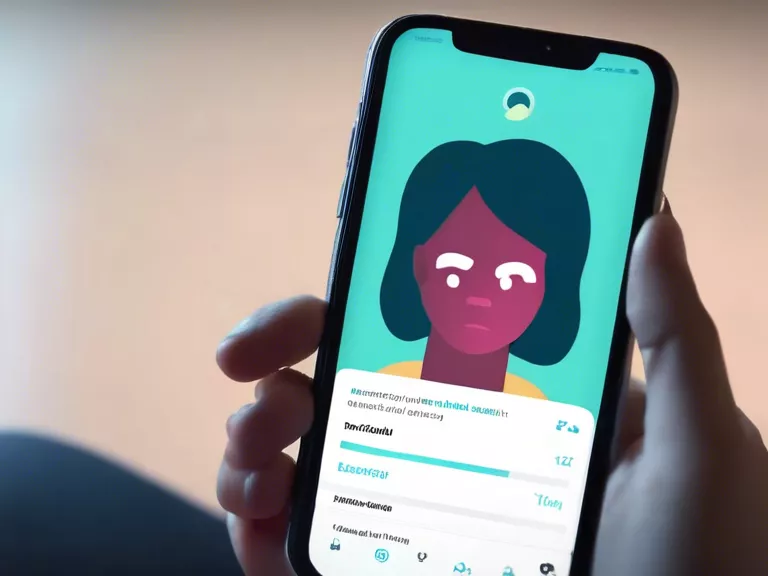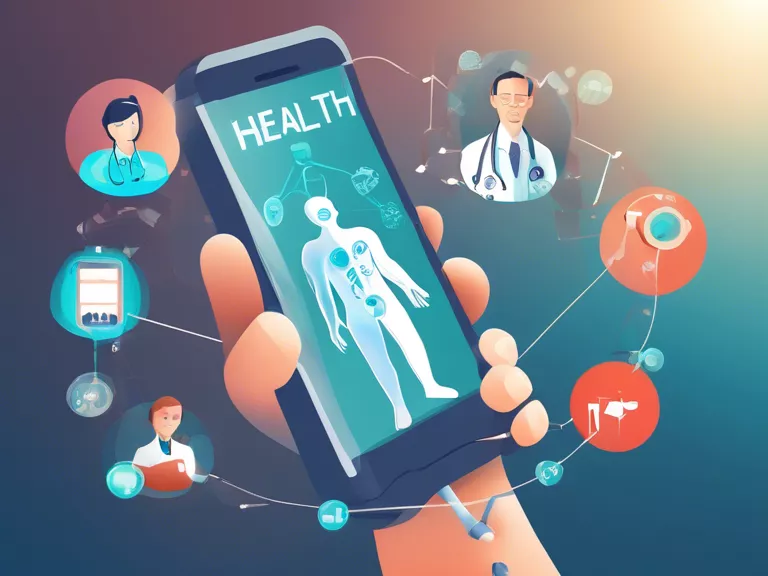
In today's fast-paced world, mental health apps are becoming increasingly popular as a resource for individuals seeking support and guidance for their mental well-being. One of the key ways in which these apps are making a difference is through the use of artificial intelligence (AI) to detect signs of depression in users. By leveraging AI technology, these apps can analyze user data and interactions to identify potential indicators of depression and provide personalized recommendations for seeking help.
AI algorithms used in mental health apps can track a variety of data points, such as mood patterns, sleep habits, social interactions, and even the content of text messages or social media posts. By analyzing this data over time, the AI can identify changes in behavior or patterns that may signal the onset of depression. For example, if a user suddenly starts sleeping less, expressing more negative emotions in text messages, or withdrawing from social interactions, the AI can flag these changes as potential signs of depression.
Once potential signs of depression are identified, the app can provide users with resources, such as articles, videos, or activities aimed at improving mental health. The app may also suggest reaching out to a mental health professional for additional support. By detecting signs of depression early on, these apps can help users take proactive steps to manage their mental health and seek appropriate treatment if needed.
Overall, the use of AI in mental health apps shows great promise in providing individuals with the tools they need to monitor their mental well-being and access support when necessary. As technology continues to advance, we can expect to see even more sophisticated AI algorithms being developed to detect signs of depression and other mental health conditions in the future.



